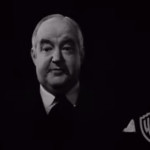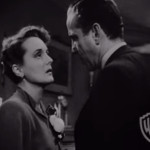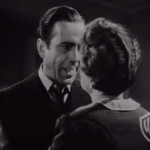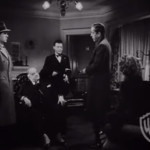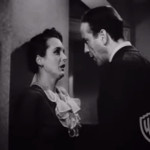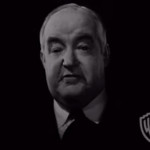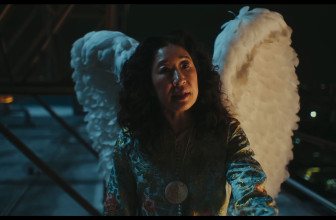We simply cannot talk about the emergence of the crime/thriller genre within the American cinema without mentioning John Houston’s contribution to the cause. The 1940s were a difficult time for Cinema; some directors at the time were seeking to experiment, some were seeking to entertain and some were seeking to send strong messages forward. However, there were a few auteurs whose main focuses were to create strong, solid films with a riveting plot and great characters that their audience will remember. John Houston was one of these auteurs; he’s given us an abundance of films that will constantly remind us of the John Houston cinematic style. The Maltese Falcon, his debut feature film; is the prime example.
How to Stream or Download The Maltese Falcon (1941) Full Movie Online
You can stream it or you can download The Maltese Falcon by clicking the Download button at the end of this review. If you like old black and white movies, check out also our reviews of Rebecca (1940), Citizen Kane (1941), and Casablanca (1942).
The Movie Review
In 1941, two private investigators Sam Spade and Miles Archer get a case to find a missing girl, the sister of their client Ruth Wonderly. However, the story spirals as Miles Archer is murdered in the search of the missing girl, and Sam Spade is left wondering how he might have gotten caught up in this mess. The film is a full-out detective noir thriller from here on, where Sam Spade is consistently on the back foot against the much more organized and planned-out villainous figures lurking in the shadows.
To talk about The Maltese Falcon’s story any more than I already have would be sacrilege, it is a film that you should go into blind, without knowing any story details. John Houston’s 1941 noir film focuses on some of the darker aspects of human nature but brings it to light within a more respectable and light-hearted manner to the big screen.
This keeps the serious story from becoming too brutal to watch and keeps the dark characters from being too unlikeable to root for. That is the best part of this film as well, the incredibly well-written characters.
You must understand that John Houston’s films aren’t usually as character-driven as The Maltese Falcon, and they focus more upon the predicament that these characters have found themselves in rather than their actual personalities and what they do. However, within the context of The Maltese Falcon; each and every character is fleshed out through the film’s duration. Characters such as Sam Spade, Ruth Wonderly, Floyd Thursby and even the comic relief side character “Fat Man” are all well developed.
The cinematography in The Maltese Falcon is another aspect of why it was so popular, it pioneered some of the most popular techniques that are used in action films, or just all sorts of contemporary films in general. The film used low-key lighting to showcase the darker undertones of these characters; this film used the same method of highlighting characters’ personalities through strong or darker lighting. The angles in the film were sharp and arresting; each frame would focus on not just the character but on their surroundings and even a little bit on their motives.
When it comes to the acting, you know you can never go wrong with Humphrey Bogart as the lead. However, Houston went ten steps ahead and got some huge names even in the rest of the cast; Mary Astor as Ruth Wonderly, Sydney Greenstreet, Barton MacLane, Gladys George, and Lee Patrick were also prominently featured characters in the film. Bogart’s performance in particular was the carrier pigeon for this film, as it elevated each scene that he was in and each emotion he displayed worked poetically with the camera.
The Bottom Line
To conclude, The Maltese Falcon is a pioneering film in not just the Noir Crime/Thriller genre, but for cinema as a whole. Introducing stark new angles, new ways to tell stories, and deep ways to design characters as well as showcasing how strong of a role the lighting can play in films. John Houston’s debut feature film had one of the most powerful impacts on cinema, and as such the importance of the film can never be downplayed.

